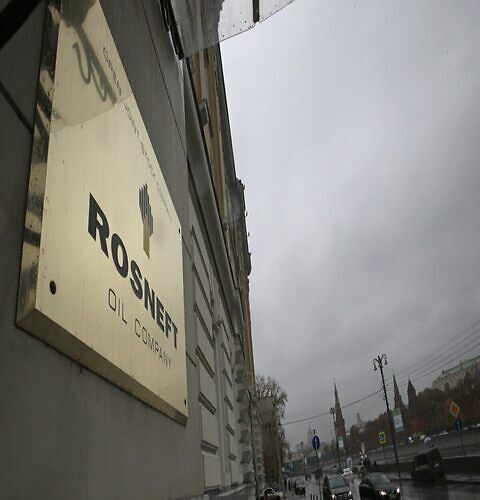

fetching latest news
News tagged in:

Fires broke out and explosions were heard at oil storage facilities in Russia on Sunday, about 80 miles from the Ukrainian border
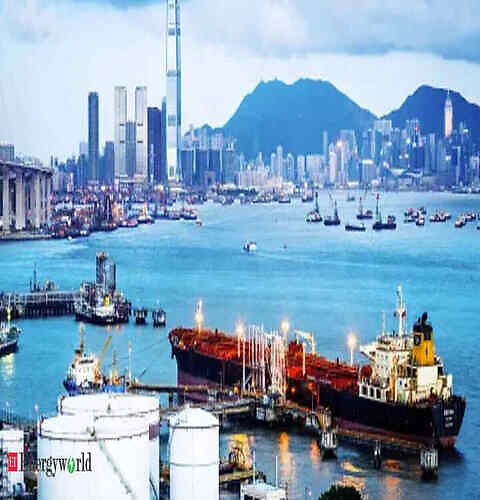
India is an IEA associate and not a full member as it does not have the mandated 90 days reserves.
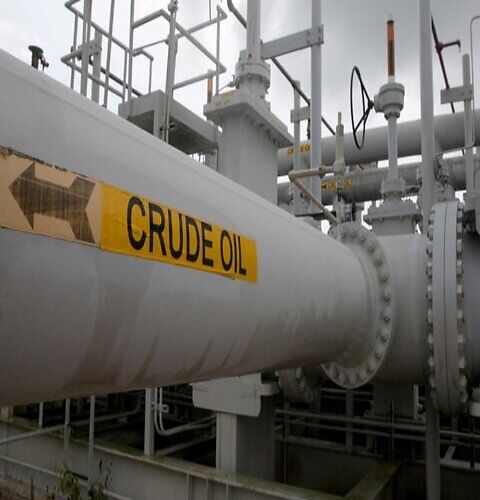
The International Energy Agency says its members agreed Friday to release further oil from their emergency reserves in response to the market turmoil caused by Russia's invasion of Ukraine.
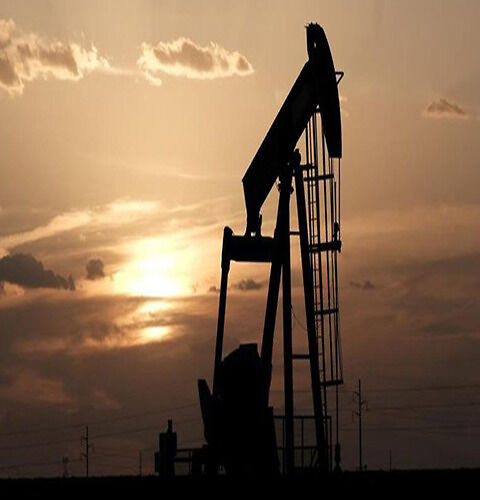
Oil markets entered April with their worst weekly loss in two years as the Biden administration announced the largest ever crude reserve release that sent the benchmark US price below the key $100-per-barrel support.

The company has several exploration licences in the South American nation and made the announcement jointly with US firm APA.
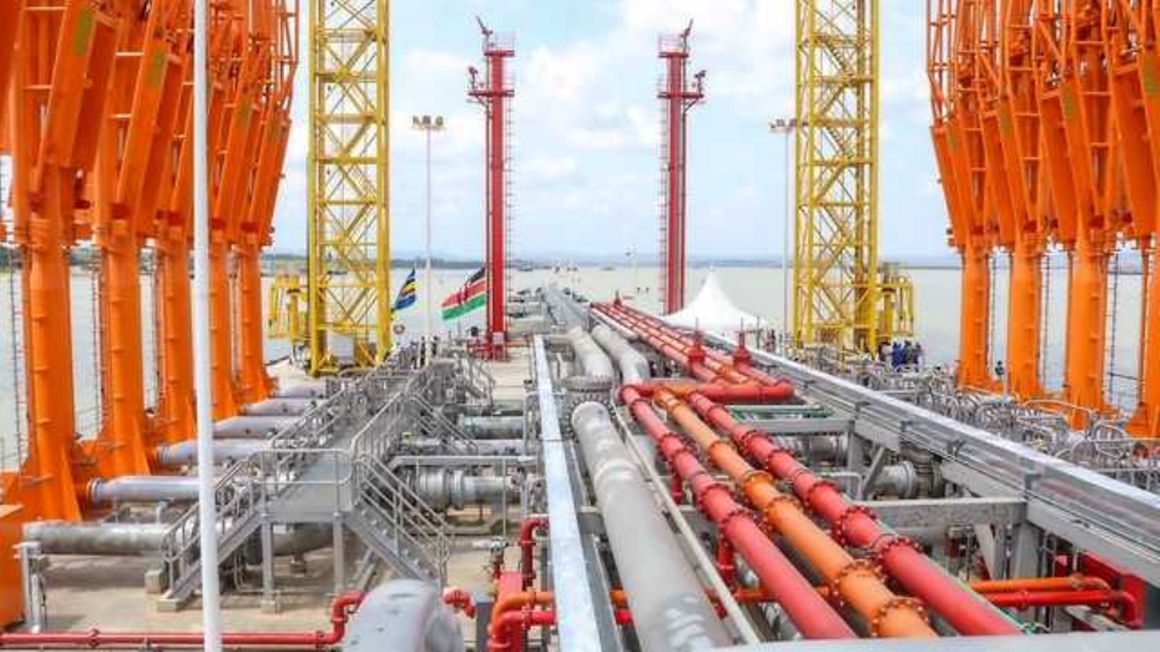
Kenya is banking on the $385 million new Kipevu Oil Terminal to wrest the petroleum business from Dar es Salaam port, which has been supplying the Great Lakes region. Tanzania turned the tables on the port of Mombasa after persisted allegations of adulteration of petroleum products on the Northern Corridor.
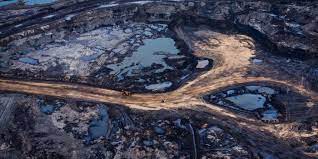
TORONTO—Major oil companies, under pressure from investors and environmentalists, are fleeing Canada’s oil sands, the fourth-largest oil reserve in the world and by some measures one of the most environmentally unfriendly. Investment in existing projects has stalled, and banks are refusing to fund new ones. Nevertheless, oil production there is expected to continue for at least two more decades. Local companies have stepped in to keep working the existing mines and wells. Last year, the oil sands were on track to deliver more oil than ever.

LAGOS – The Federal Government says it is making efforts towards increasing the petroleum reserve in the country to 40 million barrels from the current 36 million by 2030. Dr Ogbonnaya Onu, the Minister of Science and Technology, disclosed this in his opening remarks recently at a 2-day national workshop on petroleum research activities in Nigeria’s inland basins. Onu, who spoke through the Director-General and Chief Executive Officer of the Energy Commission of Nigeria, Prof. Eli Bala, explained that increasing Nigeria’s reserve would be done through the diversification of the petroleum source from the Niger Delta basin to include the frontier basins of Anambra, Benue, Bida, Chad among others.
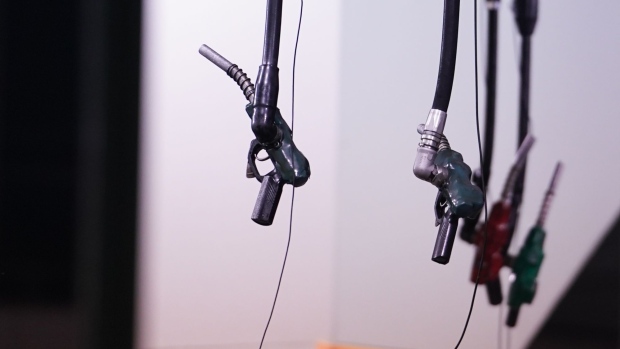
(Bloomberg) -- Japan is offering oil from its national reserves as other nations kick off a coordinated release from strategic stockpiles to rein in prices. A government tender offered Oman crude from the strategic reserves in Shibushi for delivery between March and June, the trade ministry said in a statement dated Dec. 27. The tender didn’t specify a volume, give a reason for the sale, or confirm it was part of a U.S.-led initiative. The Biden administration started tapping the first of its pledged 50 million barrels of reserves not long after announcing the coordinated release in late November. South Korea said last week that it will start releasing crude and oil products from its strategic reserves next month, although other countries named as part of the plan -- including China and India -- have yet to act. Trade Minister Koichi Hagiuda said in November that Japan would conduct the release as it replaces oil in its stockpiles. While it does that regularly, the schedule has been moved up to support similar actions elsewhere, he added.
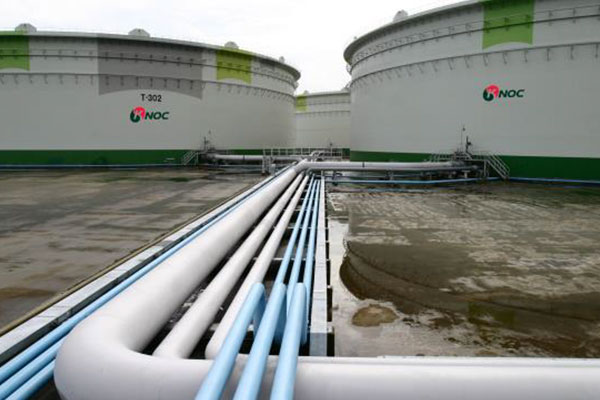
Starting next month, the government will release over three million barrels of crude from its oil reserve in phases to help stabilize oil prices. The government announced the move on Thursday, saying that it made the decision after consultation with local refiners. Just a month ago, the government agreed to participate in the joint release of oil reserves in response to a request from the United States. Under the move, the government will release three-point-17 million barrels of oil, which is three-point-three percent of its emergency oil stockpile of 97 million barrels. The government said the remaining stockpile would be enough to deal with any sudden changes and crisis in the oil supply, as it could sustain for about 103 days.
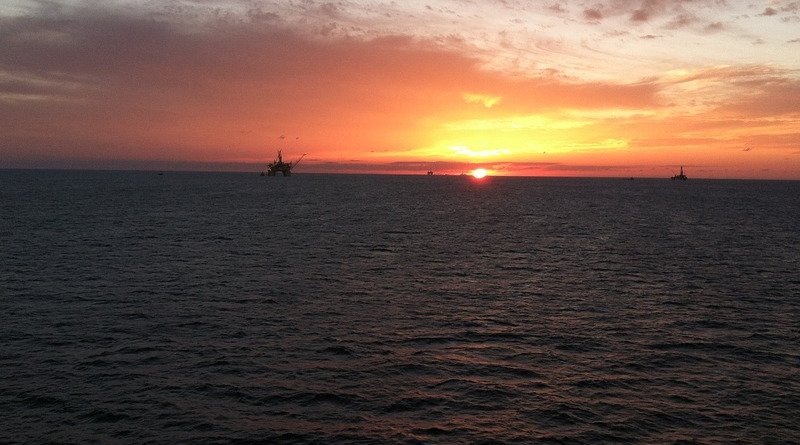
On 23 November 2021, the US administration authorised the release of 50 million barrels of crude oil from the strategic petroleum reserve (SPR) operated by the US Department of Energy (DOE). 50 million barrels of oil is about half the global oil consumption per day and about three days of US oil consumption. Oil prices had touched levels not seen in seven years driving the US decision to release SPR oil crude oil. In the words of the Secretary DOE, the release of oil from the SPR underscored the US President’s commitment to use the tools available to bring down costs for working families (by reducing the retail price of gasoline in the US) and continue economic recovery. The decision to release SPR oil by the US was coordinated with parallel decisions in China, India, Japan, South Korea, and the United Kingdom. India’s share in the coordinated release of oil stored in SPRs was 5 million barrels, a tenth of US SPR release, not sufficient to influence oil prices given that the world consumes 100 million barrels a day (b/d).
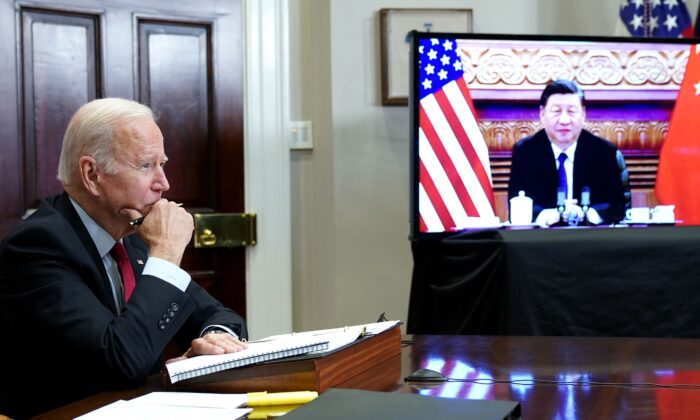
President Joe Biden recently reached out to Chinese leader Xi Jinping, asking him to join with U.S. allies in releasing oil reserves, in order to fill a shortage, bring down prices, and challenge OPEC’s influence on the global economy.
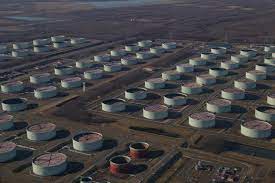
TOKYO, Dec 3 (Reuters) - Japan's plan to release oil from strategic reserves in coordination with the United States and other consuming countries remains unchanged despite the recent drop in oil prices, industry minister Koichi Hagiuda said on Friday. Global oil prices have lost more than $10 a barrel since last Thursday when news of the Omicron coronavirus variant first shook investors.
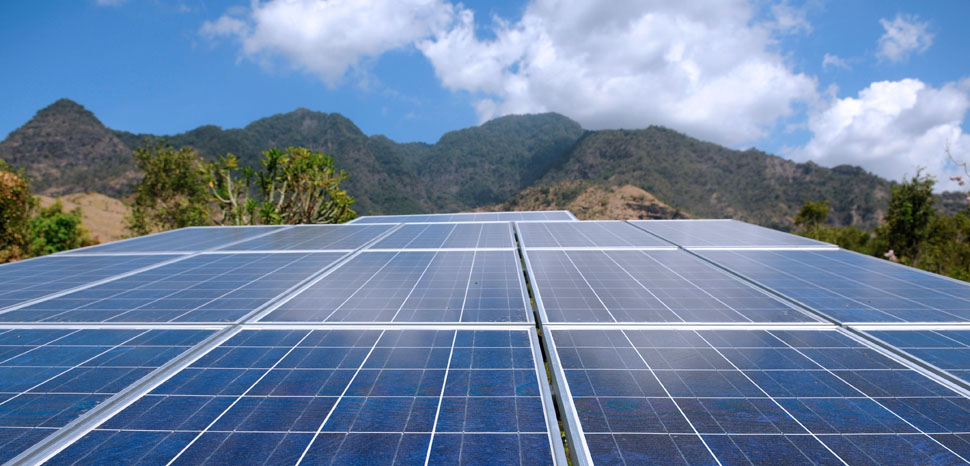
Indonesia’s oil reserves will run out in about 10 years, assuming no new reserves are discovered. Natural gas is also estimated to be exhausted in approximately 22 years with existing reserves at 77.3 trillion cubic feet. Meanwhile, coal reserves of 37.6 trillion tonnes will be exhausted within 65 years if exploited at the same scale as today.
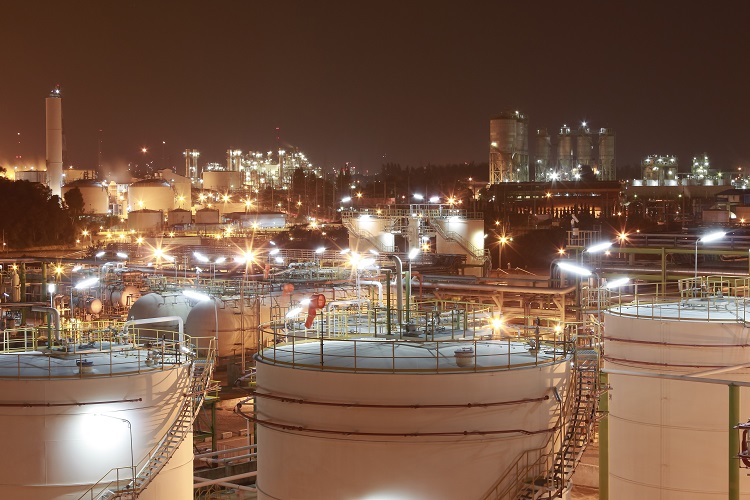
The United States and India signed a preliminary agreement on Friday on cooperating on emergency crude oil reserves, including the possibility of India storing oil in the U.S. emergency stockpile. The United States would like to begin the process of sharing with India the establishment of a SPR and then see how the U.S. SPR, comprised of underground caverns in Texas and Louisiana, could help India store oil there.
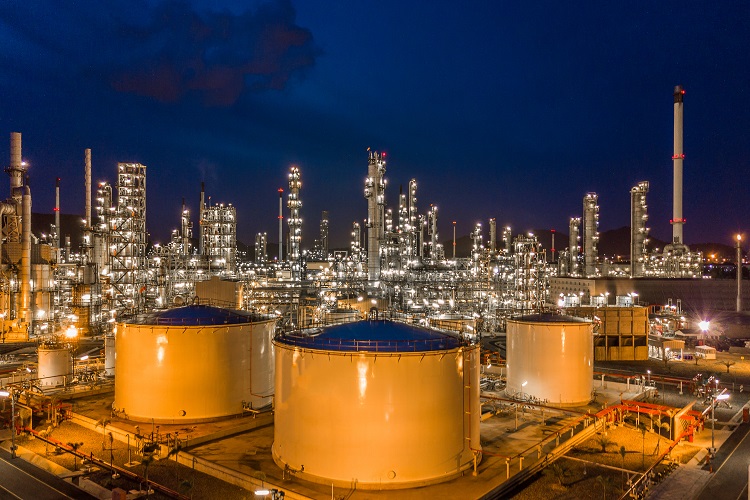
Energy researcher, IHS Markit has forecasted a huge crude oil storage crunch in the coming time, with the situation close to becoming a reality in as little as three months. The consultant said that current rates of supply and demand indicate an increase in inventories by 1.8 billion barrels over the first half of 2020. There are only an estimated 1.6 billion barrels in storage capacity currently available.

Speaking at the Nigerian Oil and Gas Conference, the Group MD of the Nigerian National Petroleum Corporation (NNPC) confirmed that country’s crude oil reserve will be improved by a billion barrel annually. Issuance of an updated Petroleum Industry Governance Bill by the Government will help the institutions to have clarity on their role in the industry. Gas availability will increase to about five billion scf/d by 2020.
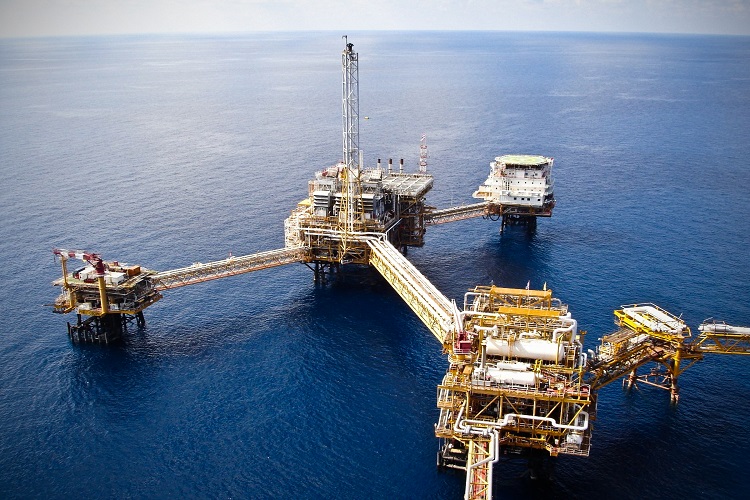
In a recent Saudi geological study, the existence of the richest oil reserve in the world at a geographical spot in Saudi Arabia has been unveiled, according to Professor Abdul Aziz bin Laboun, a former oil adviser at Aramco. Oil reserves in this spot are estimated to be around 440 billion barrels. This is a tremendously high figure for a narrow geographical spot.